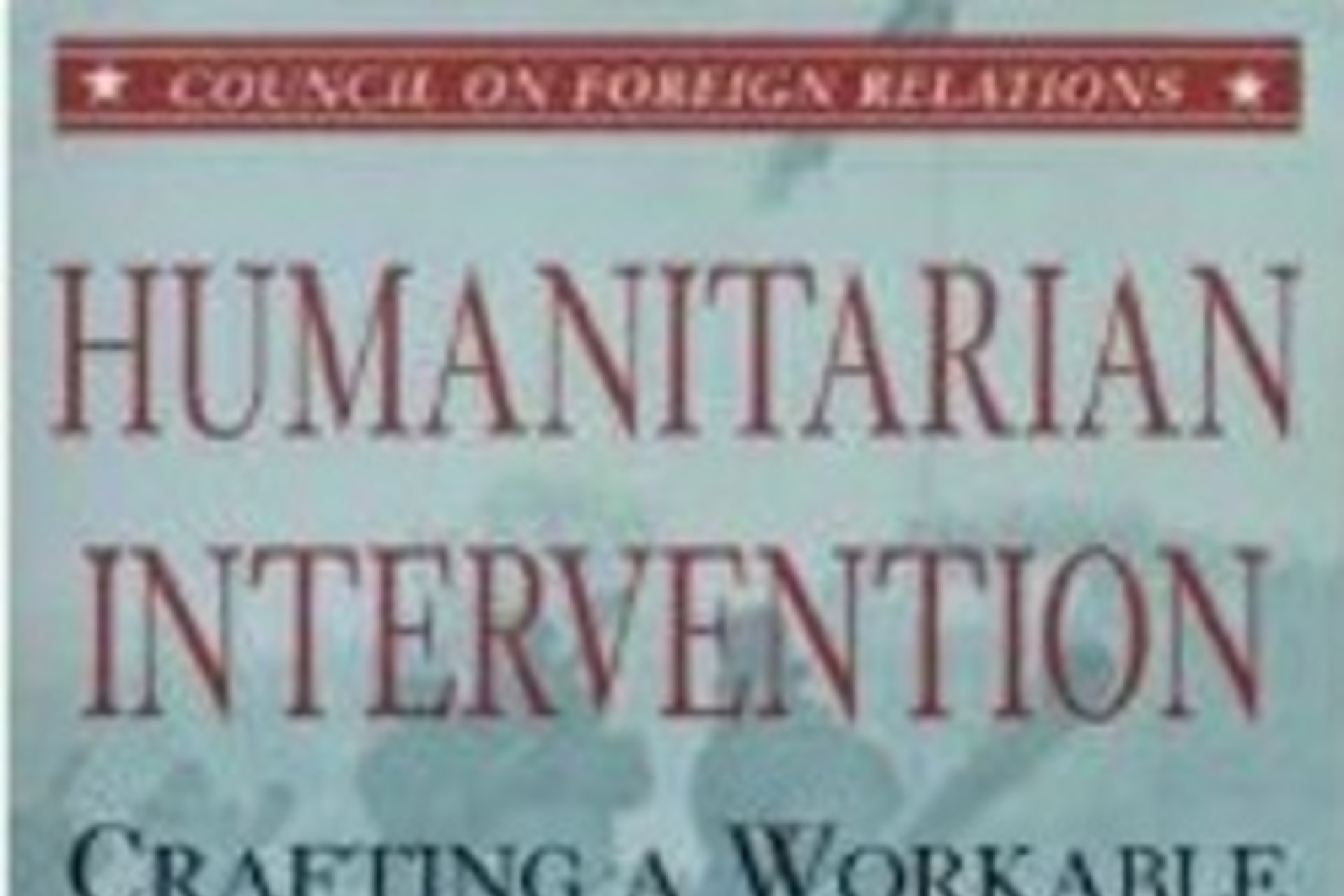Alton Frye
Presidential Senior Fellow Emeritus
Alton Frye is the Presidential Senior Fellow Emeritus at the Council on Foreign Relations. As the Council’s first Washington Director and later first National Director, his mandate was to build the organization’s membership and programs beyond its initial base in New York City, transforming the Council into a national institution. He has also served as Council President and Chief Executive.
Frye’s professional career began at the RAND Corporation (1962-68) where he worked on nuclear strategy, the space program, and other national security issues. As a member of the RAND Futures Group, he framed the initial concept for a graduate university, the proposal subsequently developed into the RAND Graduate School, the largest public policy PhD program in the nation. He led the study that prompted RAND to broaden its original focus on national security issues to encompass a wide range of non-defense subjects.
After service as staff director for Senator Edward W. Brooke, in 1971 Frye became an International Affairs Fellow of the Council and one of the charter fellows at the Woodrow Wilson International Center for Scholars.
In addition to his long career at the Council, Frye has played a part in creating a number of other institutions. He was a founding board member of the Pacific Council on International Affairs, the Henry Stimson Center, Partners for Democratic Change, Education for Employment and one of the advisors to the Nixon Center, now the Center for National Interest. Frye has taught at UCLA, Harvard and Yale, where he was an organizer and teacher in the Stimson Seminar in public policy. He has been a principal in numerous bipartisan initiatives, including work with Republicans Howard Baker, William Cohen, and Brent Scowcroft, and Democrats Sam Nunn, Les Aspin, and Daniel Patrick Moynihan.
Among Frye’s publications are The Hazards of Atomic Waste (Public Affairs Press, 1962), Nazi Germany and the American Hemisphere, 1933-1941 (Yale University Press, 1967), and A Responsible Congress: The Politics of National Security (McGraw Hill, 1975). His analyses and commentary have appeared in Foreign Affairs, Foreign Policy, The Atlantic, Survival, The Yale Review, and other books, journals and newspapers, including The Washington Post, The New York Times, and The Wall Street Journal.
